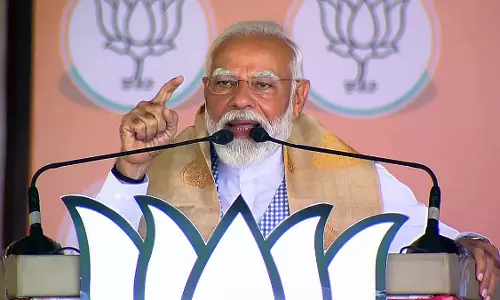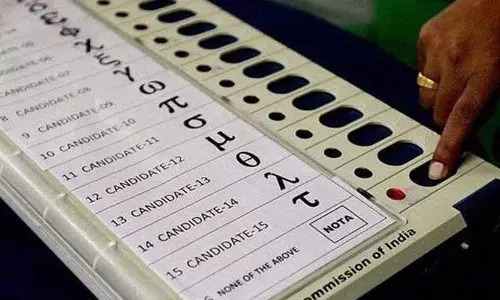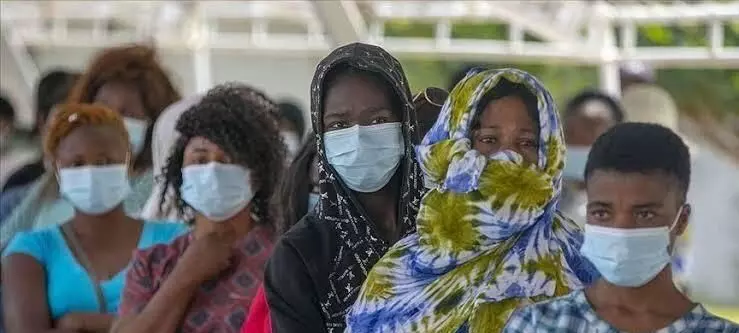
Africa being left behind amid 'extreme vaccine discrimination': Report
text_fieldsLondon: A new report has found that Africa has little chance of overcoming the Covid-19 pandemic unless 70 percent of its population is vaccinated by end-2022, yet "extreme vaccine discrimination" is leaving the continent behind.
The emergence of Omicron in the continent has heightened claims that low inoculation rates can encourage viral mutations, which can then spread to countries where rates are much higher.
As per the Mo Ibrahim Foundation's report on COVID-19 in Africa, only one in every 15 Africans has been fully vaccinated, or about 6.8 per cent which means the continent is unlikely to meet the goal of vaccinating 70 per cent of its population by 2022.
The report says the inoculation of 70 per cent of the population of Africa is necessary if the continent should have a chance of controlling the COVID-19 pandemic.
"From early in this crisis, our Foundation and other African voices have been warning that an un-vaccinated Africa could become a perfect incubator for variants," its chair Mo Ibrahim said in a statement.
"The emergence of Omicron reminds us that COVID-19 remains a global threat and that vaccinating the whole world is the only way forward," he added. "Yet we continue to live with extreme vaccine discrimination, and Africa, in particular, is being left behind."
Only five of Africa's 54 countries are on track to reach a World Health Organisation target of fully vaccinating 40% of the population by end-2021, the Mo Ibrahim Foundation said in the report.
Vaccines have been in short supply in Africa after developed countries secured initial orders from pharmaceutical companies and the global vaccine-sharing programme, COVAX, got off to a slow start.
The report said that although the deliveries of vaccines to Africa have picked up in recent months, weak healthcare systems and limited infrastructure are holding back rollouts once they arrive.
There has also been confusion over short expiry dates on donated vaccines, which has led to the destruction of some.
Monday's report said the pandemic had exposed the weakness of African civil registration capacities, with just 10% of African deaths officially registered. Weak systems raised the possibility that vaccination rates were even lower than official statistics showed.
The foundation also said threadbare social safety nets must be strengthened to protect the vulnerable - the average spends in Africa on COVID-19 response measured as a share of GDP excluding healthcare was 2.4%, less than half the global average.
























